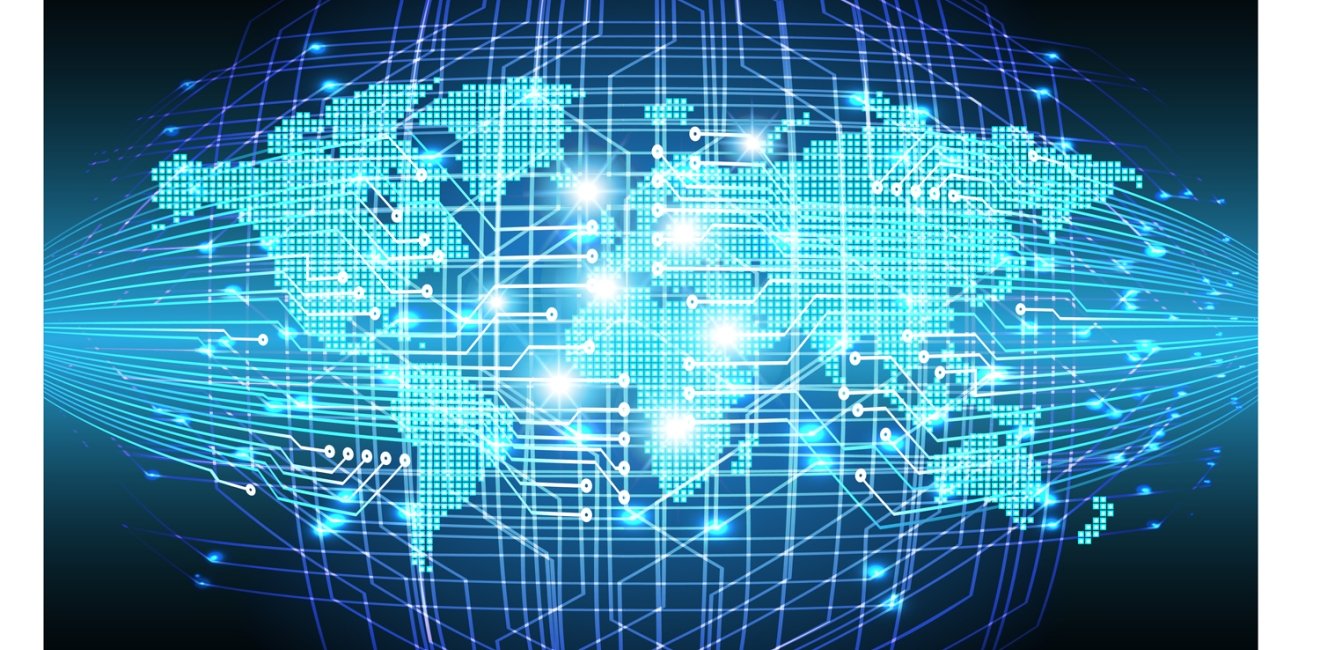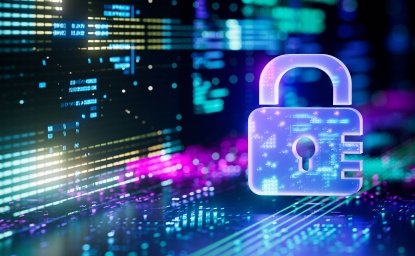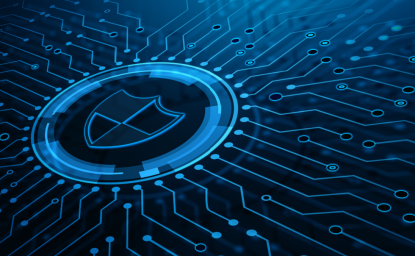Major questions impacting key cybersecurity policy decisions remain unanswered. As a new Administration takes office, how should key stakeholders think about gaps like the capabilities of non-state actors to do harm in the digital space? Will other nations follow Russia’s lead and steal and leak information against foes? Is the future of the public-private partnership – especially in protecting America’s critical infrastructure – a promising one?
A panel of experts had a spirited conversation on these and other emerging international and domestic issues in cybersecurity. Below are a few takeaways from some of the panelists.
 “2016 was a banner year for cybersecurity. There were over 4 billion records exposed, Denial of Service attacks crept up, and we saw some of the largest attacks on records propelled mostly by compromised botnets. Also over $1 billion was lost to ransomware.”
“2016 was a banner year for cybersecurity. There were over 4 billion records exposed, Denial of Service attacks crept up, and we saw some of the largest attacks on records propelled mostly by compromised botnets. Also over $1 billion was lost to ransomware.”
Meg King
Director, Digital Futures Project
Woodrow Wilson Center
 “The challenges are that we are losing control of complex systems. Many cybersecurity experts focus on the Information Technology (IT) side of things, but increasingly there are vulnerabilities on the Operational Technology side (OT) such as the internet of things and industrial control systems.”
“The challenges are that we are losing control of complex systems. Many cybersecurity experts focus on the Information Technology (IT) side of things, but increasingly there are vulnerabilities on the Operational Technology side (OT) such as the internet of things and industrial control systems.”
Perry Pederson
Senior Manager
Pacific Northwest National Laboratory
 “I don’t know if deterrence for cybersecurity is ever the appropriate word. I don’t ascribe to the nuclear model here. It doesn’t take into account all the variabilities of non-state actors. Rather than the nuclear model I think the counter-terrorism model might be more applicable in this area.”
“I don’t know if deterrence for cybersecurity is ever the appropriate word. I don’t ascribe to the nuclear model here. It doesn’t take into account all the variabilities of non-state actors. Rather than the nuclear model I think the counter-terrorism model might be more applicable in this area.”
Matthew Eggers
Executive Director for Cybersecurity Policy
US Chamber of Commerce
 “We all need digital literacy and we all need to upgrade our digital literacy…. the entire population and the entire world. But we need people at the top of organizations interfacing with their own organizations but also setting cultural standards in their own organizations. That niche needs to be filled to focus on these critical needs and capacities.”
“We all need digital literacy and we all need to upgrade our digital literacy…. the entire population and the entire world. But we need people at the top of organizations interfacing with their own organizations but also setting cultural standards in their own organizations. That niche needs to be filled to focus on these critical needs and capacities.”
Sara Curran
Professor, Jackson School of International Studies
University of Washington







